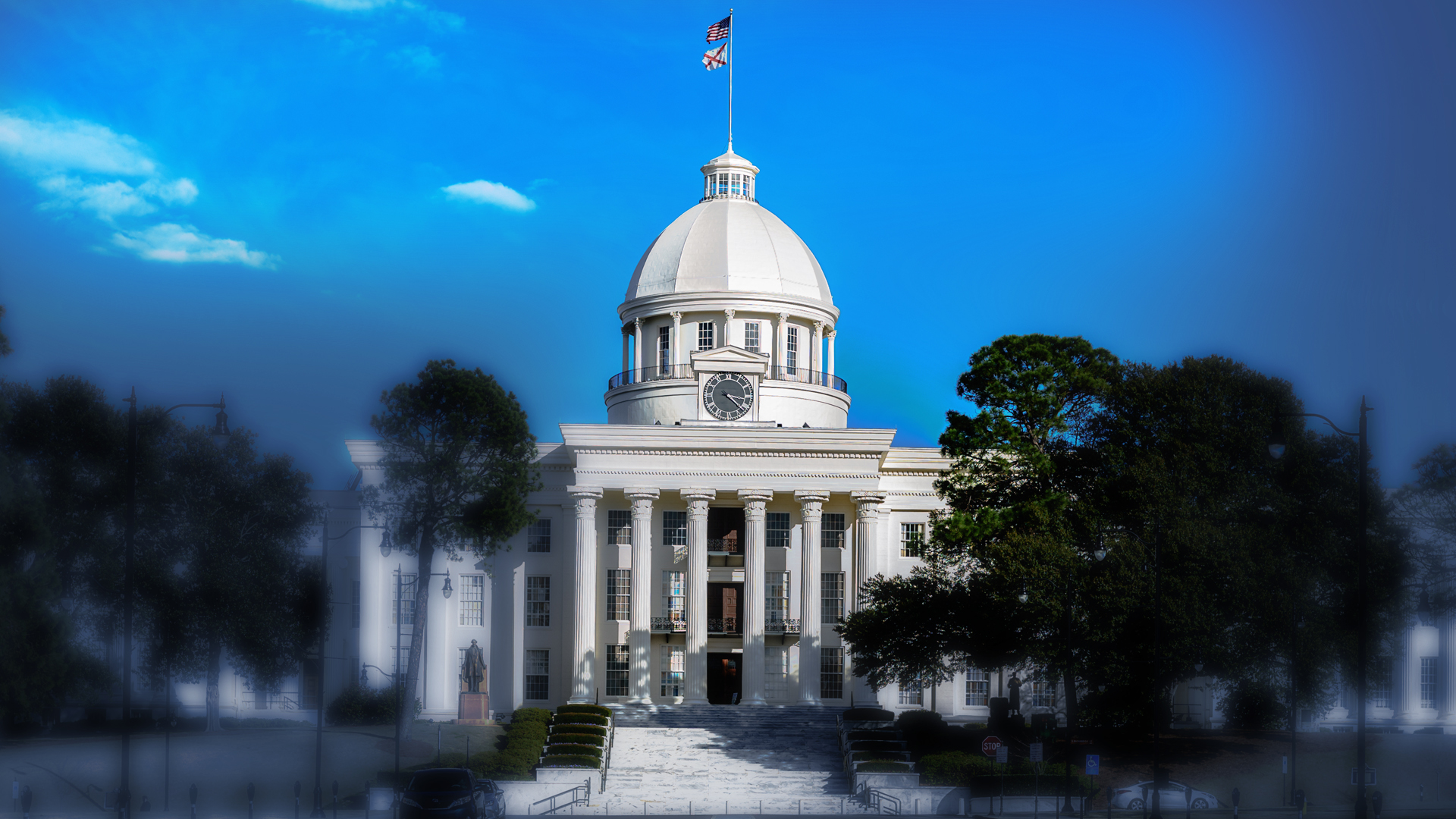
Medicaid Fraud
Beasley Allen is a proven leader in complex litigation on a national level. We have successfully represented numerous states by and through their attorneys general.
Beasley Allen has recovered more than $1.5 billion in settlements and jury verdicts for states. Taxpayer dollars have been returned to states and the agencies providing services to vulnerable residents. As a result, major players in the healthcare industry have completely changed how they conduct business with states and their Medicaid agencies.
Our attorney general litigation background includes but is not limited to:
PFC Water Contamination
Two municipal organizations, the Water Works and Sewer Board of Gadsden, Alabama, and the Water Works and Sewer Board of the Town of Centre, Alabama, have filed lawsuits against carpet and textile companies and their chemical suppliers.
The suits allege that the companies are responsible for contaminating the cities’ water supply with perfluorooctane sulfonate (PFOS) and perfluorooctanoic acid (PFOA), which are human-made chemicals used in the production of non-stick, stain-resistant, and water-proofing coatings on various consumer products. The lawsuit states that exposure to these chemicals, even in trace amounts, can lead to severe health problems.
In May 2016, the U.S. Environmental Protection issued new exposure guidelines for PFOS and PFOA, after which an advisory warning was provided to eight systems in Alabama, including Gadsden and Centre, and more than 50 nationwide.
Opioid Epidemic
Opioid abuse has reached epidemic proportions in the United States. According to the Centers for Disease Control and Prevention, more than 932,000 people have died since 1999 from a drug overdose. In 2020, an average of 44 people died daily from overdoses involving prescription opioids, totaling more than 16,000 deaths.
Doctors can prescribe opioids to treat moderate to severe pain, but the medications can have serious risks and side effects. Drug companies have inflated the effectiveness of delayed-release medicines like OxyContin for years, downplaying their addictive properties and creating conditions for abuse.
In addition to cases involving severe injury and death related to opioid abuse, Beasley Allen represents local governments against manufacturers and distributors of opioids. These lawsuits allege that the pharmaceutical industry created a crisis. Instead of investigating suspicious orders of prescription opiates, they looked the other way in favor of making a profit. They intentionally misled doctors and the public about the risks of these dangerous drugs and municipal governments are left struggling to cope with the financial consequences.
BP Oil Spill Litigation
Deepwater Horizon Explosion
In April 2010, the BP Deepwater Horizon oil rig explosion in the Gulf of Mexico caused the largest oil disaster in US history, resulting in environmental and commercial impacts. The spill contaminated the fragile wetlands and put around 400 species of Gulf wildlife at risk. The fishing and shrimping operations in the spill area were shut down, rendering hundreds of fishermen jobless. The disaster significantly impacted other industries, resulting in lawsuits and settlements that totaled an estimated $20 billion, making it the most significant environmental settlement in US history.
Beasley Allen assisted the State of Alabama in settling with Transocean, which owned the drilling rig used by BP, for $20 million. The state also secured over $2 billion in total, including compensation for economic losses resulting from the spill, natural resource damages, and an apportionment of the Clean Water Act civil fines and penalties.
Related News
Former Alabama pharmacy owner pleads guilty in $200 million health care fraud scheme
Federal authorities announced the prosecution of a former pharmacy co-owner and chief executive who orchestrated…
Encompass Health settles whistleblower lawsuits for $48 million
Birmingham, Alabama-based Encompass Health Corporation, the nation’s largest operator of inpatient rehabilitation facilities (IRFs), is…
Whistleblower Helps U.S. Recover $66 Million in Bulletproof Vest Case
A former law enforcement officer’s whistleblower lawsuit has helped the U.S. government recover $66 million…



